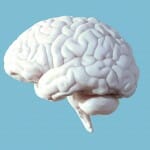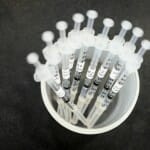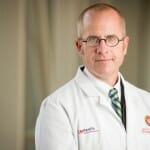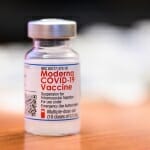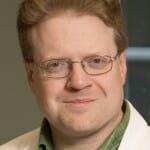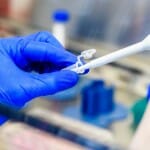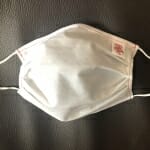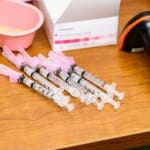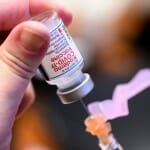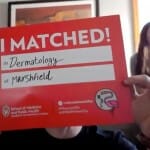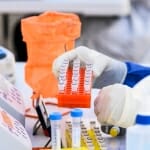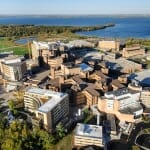Tag School of Medicine and Public Health
UW teams up with NFL on research designed to reduce head injuries in athletes
Researchers will collect data from high-tech mouthguard sensors that measure impact speed, direction, force, location and severity of head impacts.
Vaccine for young children fills vital gap in the vaccine landscape
“Vaccination decreases the risks of the virus in the children, facilitates return of in-person school, sports and activities, all while helping prevent the spread of COVID-19 to their family members and community at large.”
Moderna COVID-19 vaccine pediatric clinical trial to focus on ages 6 months to 5 years
“This is the final frontier. Our very youngest children need to get the vaccine and we need to make sure they are safe,” says Bill Hartman, co-principal investigator of the KidCOVE clinical trial at UW–Madison.
With high-risk, high-reward investment, UW–Madison researcher seeks to outwit cancer’s resistance to treatment
Sequencing the tumor samples’ genetic material will allow the researchers to map changes in individual tumors that became resistant and discern possible common mechanisms of resistance across multiple tumors.
Meet CJ Zabat, alumni speaker for 2020 graduate celebration
The university will welcome graduates of spring, summer and winter 2020 back to Madison Sept. 17-19 for a weekend of events celebrating their achievements.
COVID questions: Masks at school; what makes delta different
"Let your child know that it takes cooperation and healthy decisions made by everyone in a community to keep COVID-19 under control and children safe," says Associate Professor Ajay Sethi.
Clinical trial repurposes cancer drug for treatment of vascular malformations
The multi-site trial at UW–Madison is in its first phase and is testing a personalized topical medication in the form of a gel as a way to treat vascular anomalies.
COVID questions: Keeping unvaccinated children safe; when quarantine is needed
My husband and I are vaccinated, but our young children are currently not eligible to receive the vaccine. Which activities are safe to resume? Which disease require quarantining?
Badger Talks video: Follow vaccine etiquette
Vaccines provide hope that the worst of the pandemic will soon be behind us, but they also can lead to some tricky conversations. In this week’s Badger Talks video, vaccine etiquette is discussed.
Match Day 2021 brings news of next chapter for UW medical students
In a day filled with excitement for the future, UW School of Medicine and Public Health medical students in the class of 2021 were matched into their clinical residency training programs on Friday, March 19.
COVID questions: Long haulers, travel guidance
Why do some people continue to experience symptoms after recovering from COVID-19? Can my family travel to Florida?
Study led by UW doctor finds analyzing DNA in urine could help detect cancer
Currently, cancers are detected using more invasive methods. Urinalysis has long been used to manage many diseases and disorders, but not cancer.
Fixing genetic mistakes to restore vision
The project, funded by a five-year, $7.7 million award from the National Institutes of Health National Eye Institute, will rely on an approach aimed at correcting nonsense mutations in DNA.
COVID questions: Can I get two different types of vaccines?
Why aren't those who've recovered from COVID-19 last in line for the vaccine? If I get one type of vaccine can I get another type later? Where do we stand on vaccines?
Health care workers appeal to people of Wisconsin for help
Hundreds of UW Health workers call on the people of Wisconsin to take precautions against COVID-19 to avoid overwhelming hospitals.
Coverage for people with pre-existing conditions improved under the Affordable Care Act
Health insurance coverage for people with chronic diseases increased by 7 percentage points after key Affordable Care Act provisions were implemented in 2014, according to the research.

